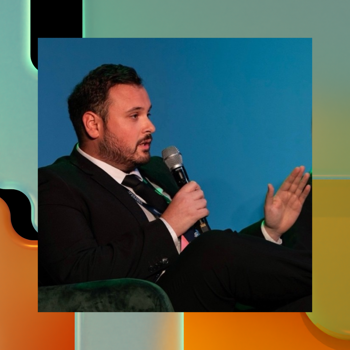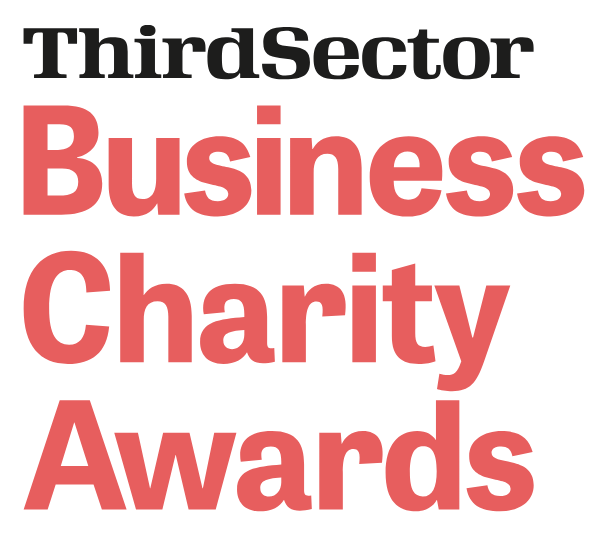Chair of Judges 2026

Hester Davies Bell | Social Impact Manager, Sony Music UK
Hester is Social Impact Manager at Sony Music UK where she helps manage the UK arm of the Global Social Justice Fund, a $100 million Fund that operates across different territories and divisions of Sony. Created in June 2020, it exists to support social justice, equal rights and anti-racist initiatives around the world, and is part of the global Sony Music Group commitment to support communities and help address structural inequality for lasting change. Hester is passionate about social justice and prior to her role at Sony Music, her experience spans education, anti-racism and tech.
HEAR FROM HESTER ON THE CURRENT INDUSTRY CLIMATE
Nominate a judge
We’re looking for industry leaders, change-makers, and advocates to join our judging panel.
If you are passionate about recognising and celebrating the wide scope of our industry, nominate yourself or a colleague to be on this year's panel and help drive this progress.
The final judging panel will be comprised of an inclusive range of individuals to fully represent the industry. Our aim is to give as many diverse voices (women, BAME, LGBTQ+, different ages / seniority, people with disabilities) a chance to determine the results of this industry-leading event.







































